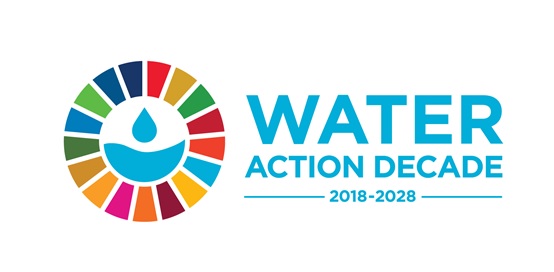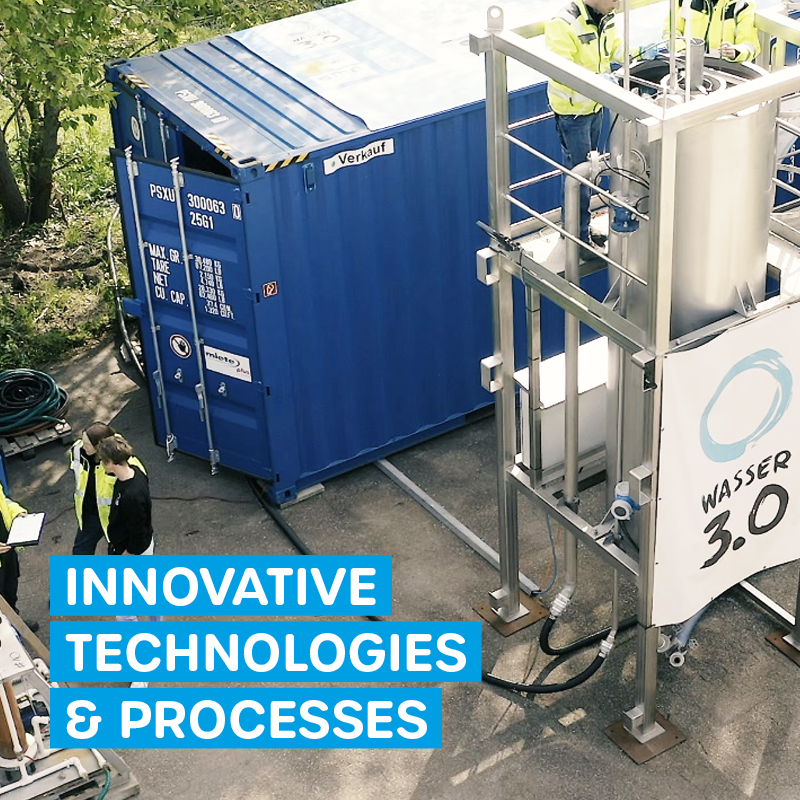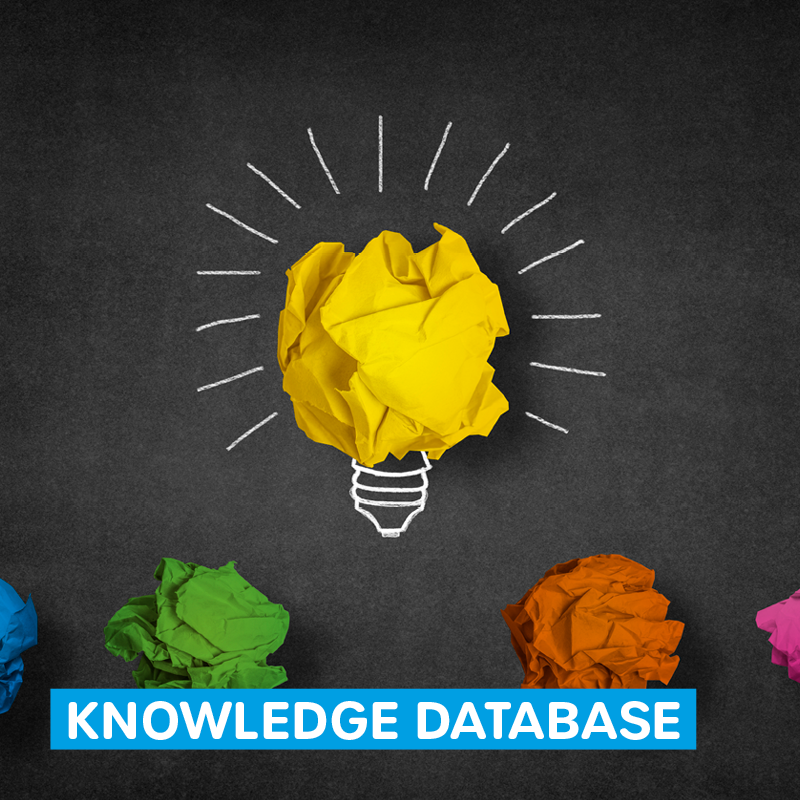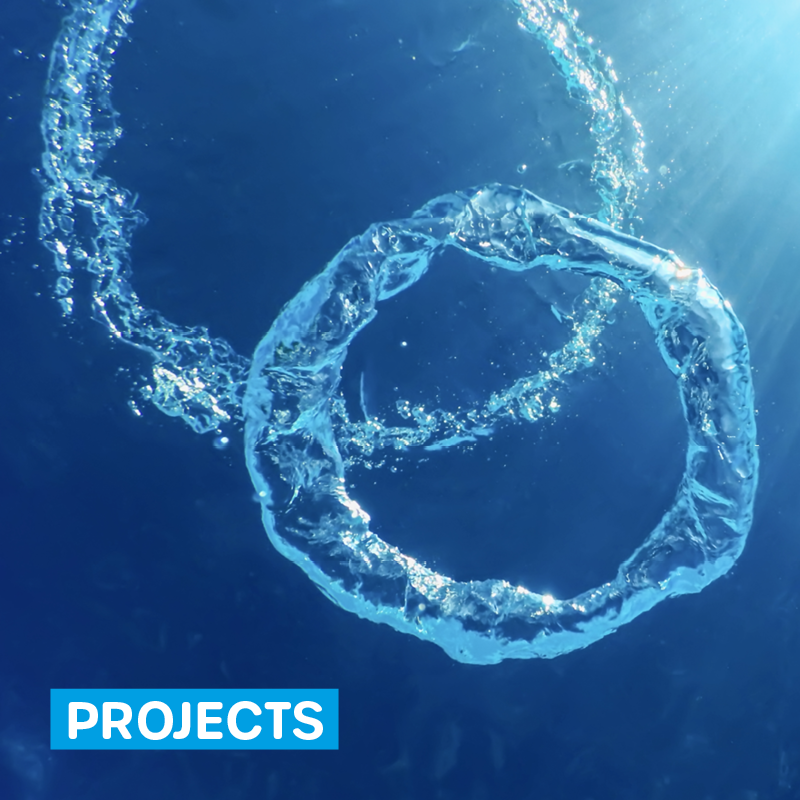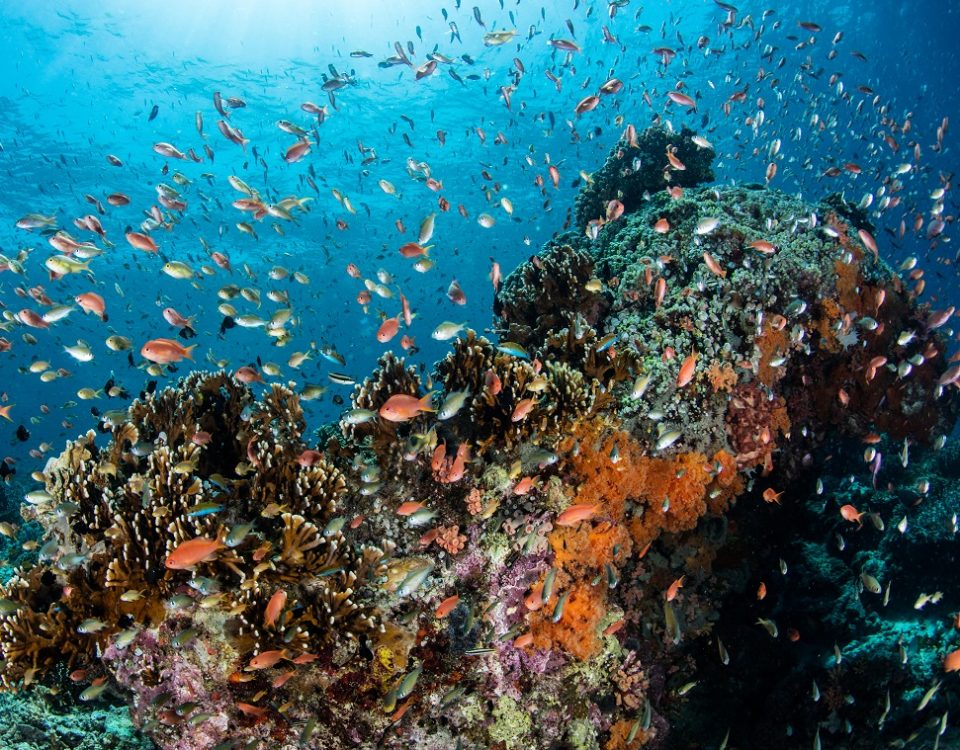
Our contributions to achieving the UN Sustainable Development Goals
Clean and safe water is a human right
As such, we consider purely commercial, profit-oriented action to be neither appropriate nor beneficial for securing the most important resource on this planet. This is why we act beyond silos, across sectors, and geared towards the common good.
As a non-profit GreenTech company, we are positioned at the interface between science, business, politics, and society. Here, together with other actors involved, we are breaking new ground to promote responsible research and green innovations for water without microplastics and micropollutants.
Our solutions and approaches aim to be highly efficient, easy to use, inexpensive, transparent, and sustainable. In order to achieve this, we focus on communication, education and organization in the areas of research, development and innovation.
The SDGs are the overall guiding principle of our actions. For this reason, we also work in the network with Catalyst 2030.
As a sustainability entrepreneur, we work towards systemic and socio-ecological transformations of existing production and consumption processes. We view research, technology, innovation, legislation, and education as crucial levers for water without microplastics and micropollutants.
With our work, we make concrete and measurable contributions to the United Nations' Sustainability Goals, in particular SDG 6 (clean water and sanitation) and SDG 14 (life below water), by both researching and developing solutions for the removal of microplastics and micropollutants from water (areas of application: municipal and industrial water purification), initiating discussions for water without microplastics, and offering our expertise in both in-school and out-of-school education, training and continuing education projects as well as in public lectures.
And as water and sanitation are core components of sustainable development, nearly every one of the SDGs is impacted either directly or indirectly by clean water and sanitation (SDG 6).
Improving wastewater treatment processes and the resulting effluent water quality that is released into the environment contributes directly to the following SDGs:
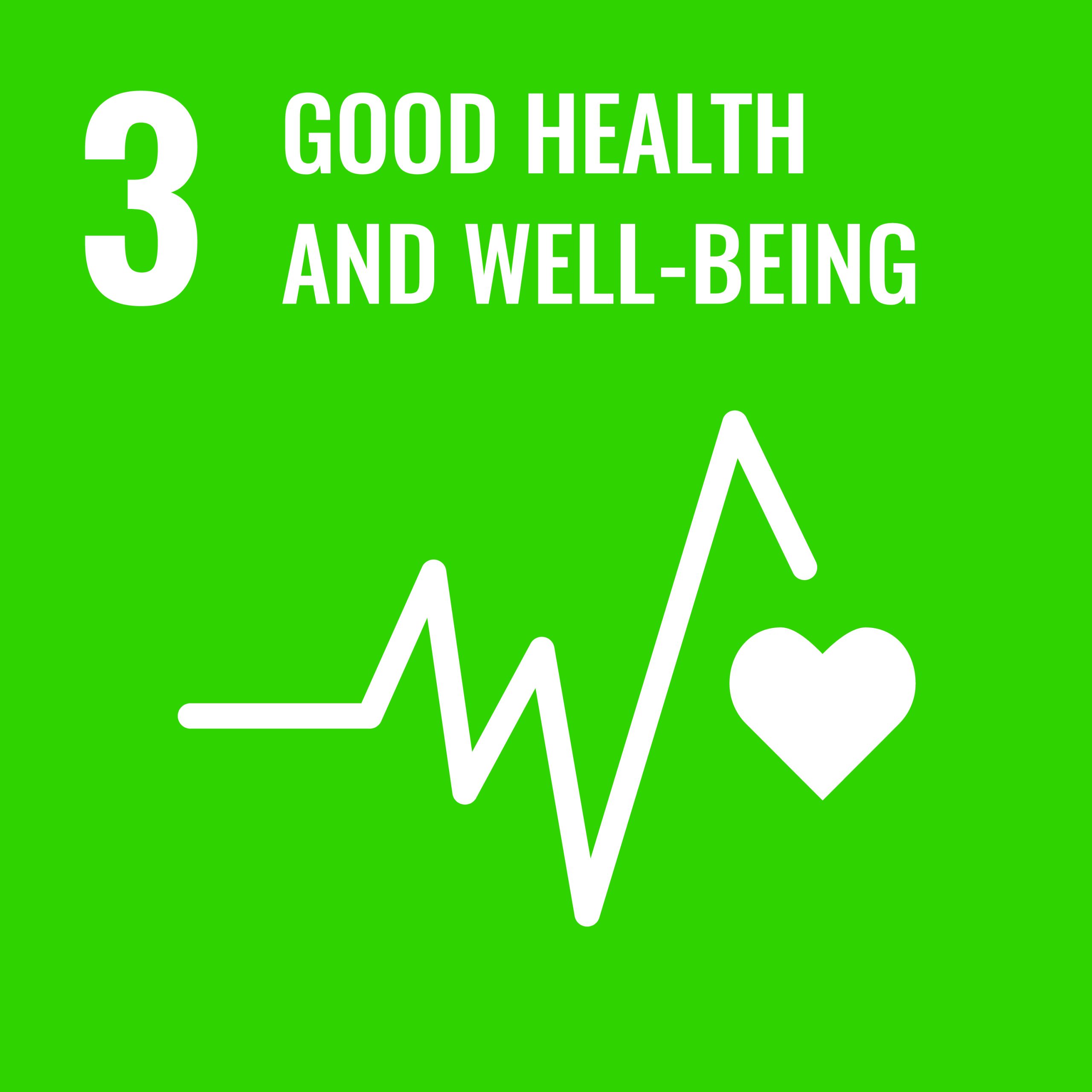
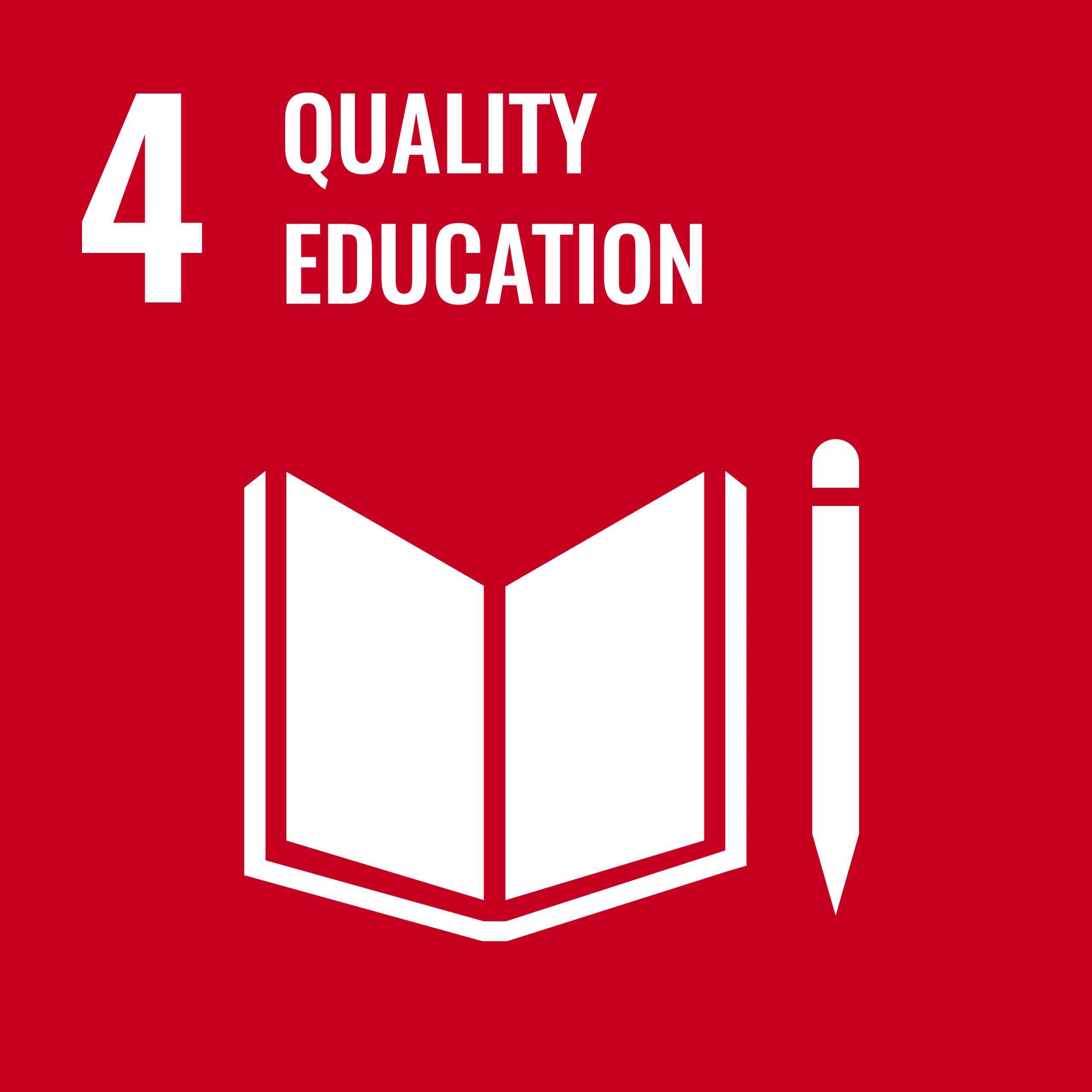
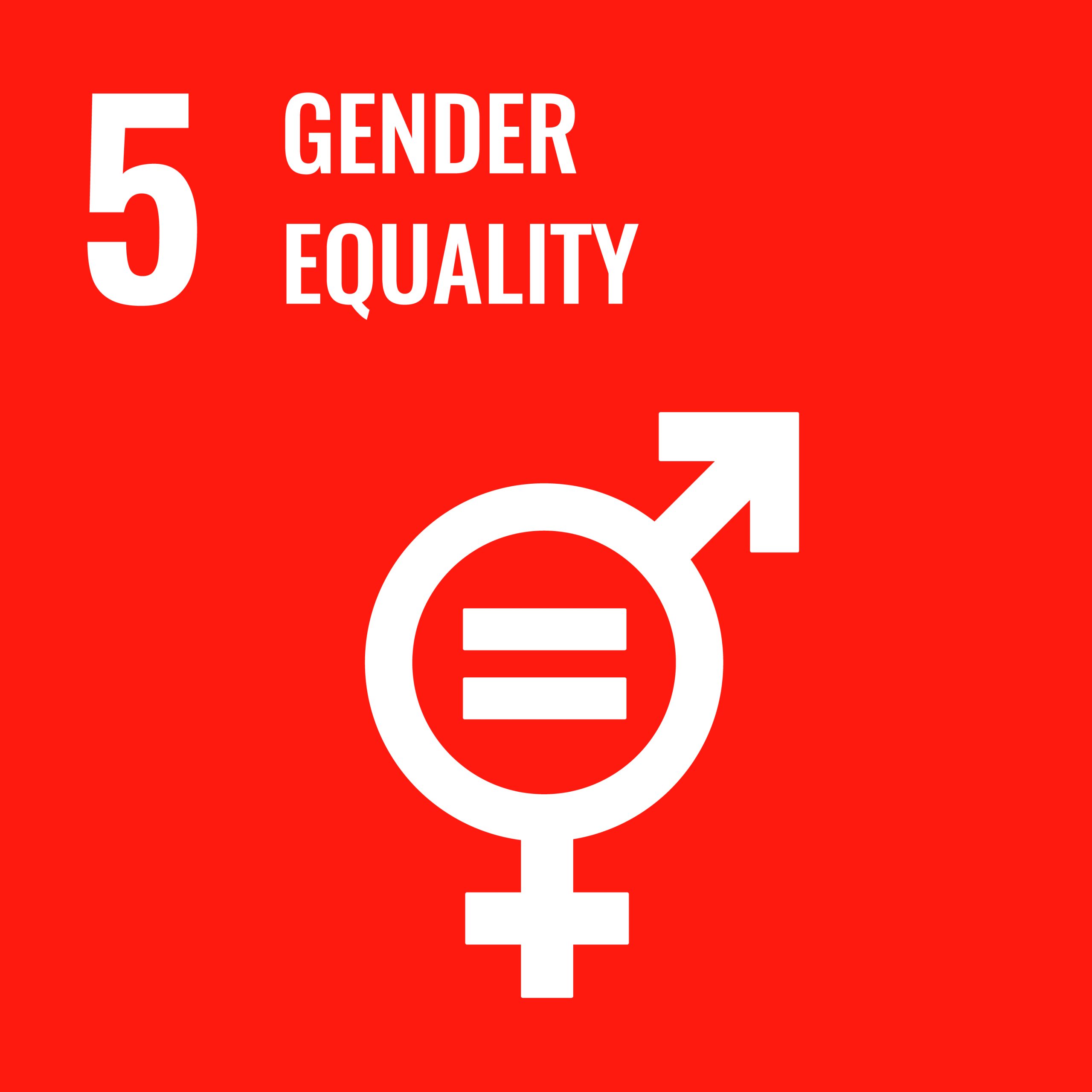
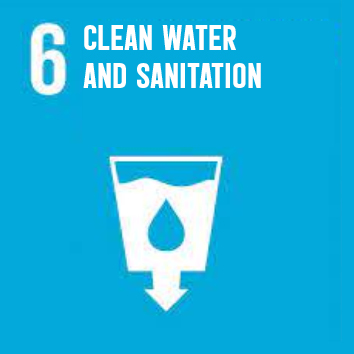
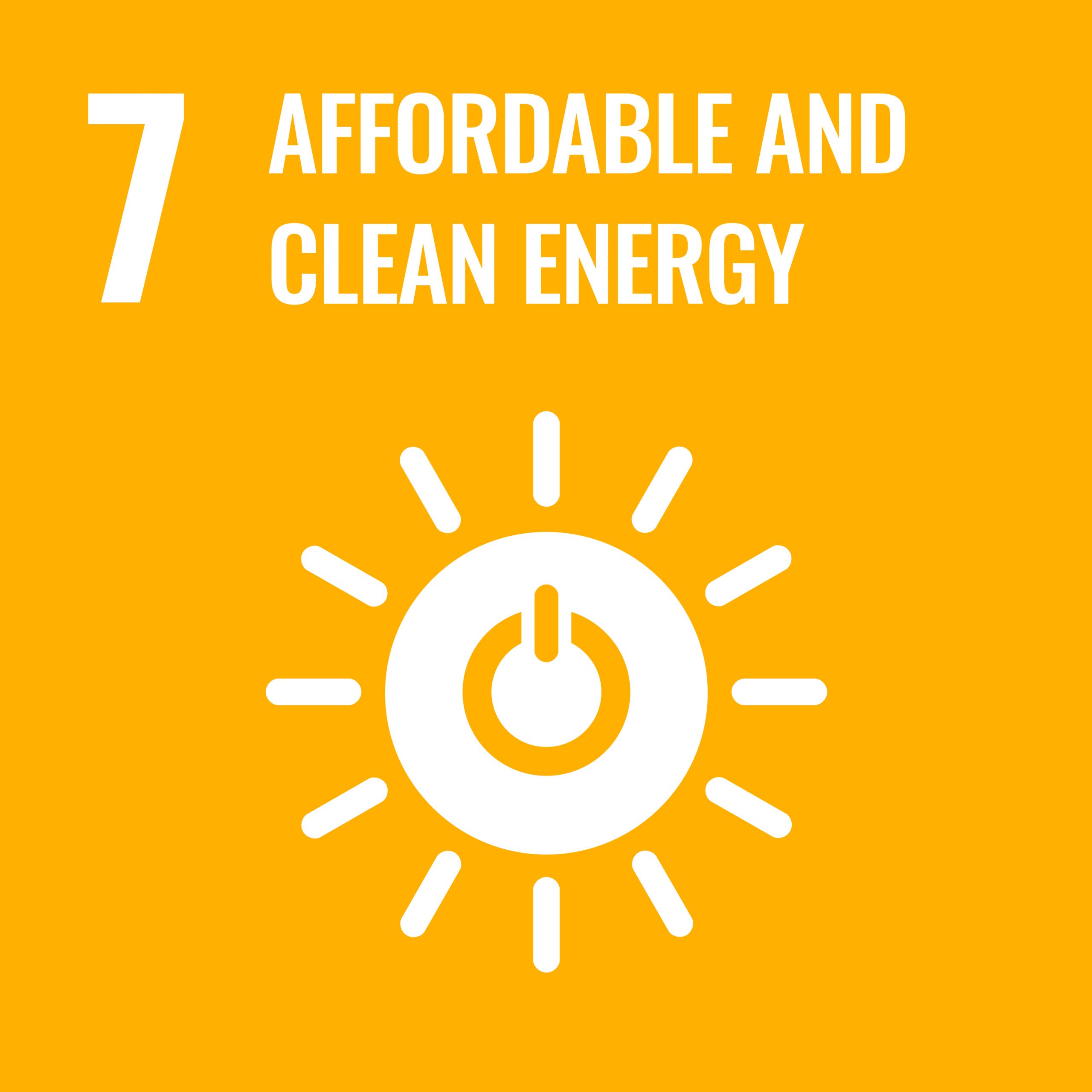
We rely on environmentally friendly, holistic, and highly efficient low-tech solutions as well as innovations for the detection of pollutants and digitization.
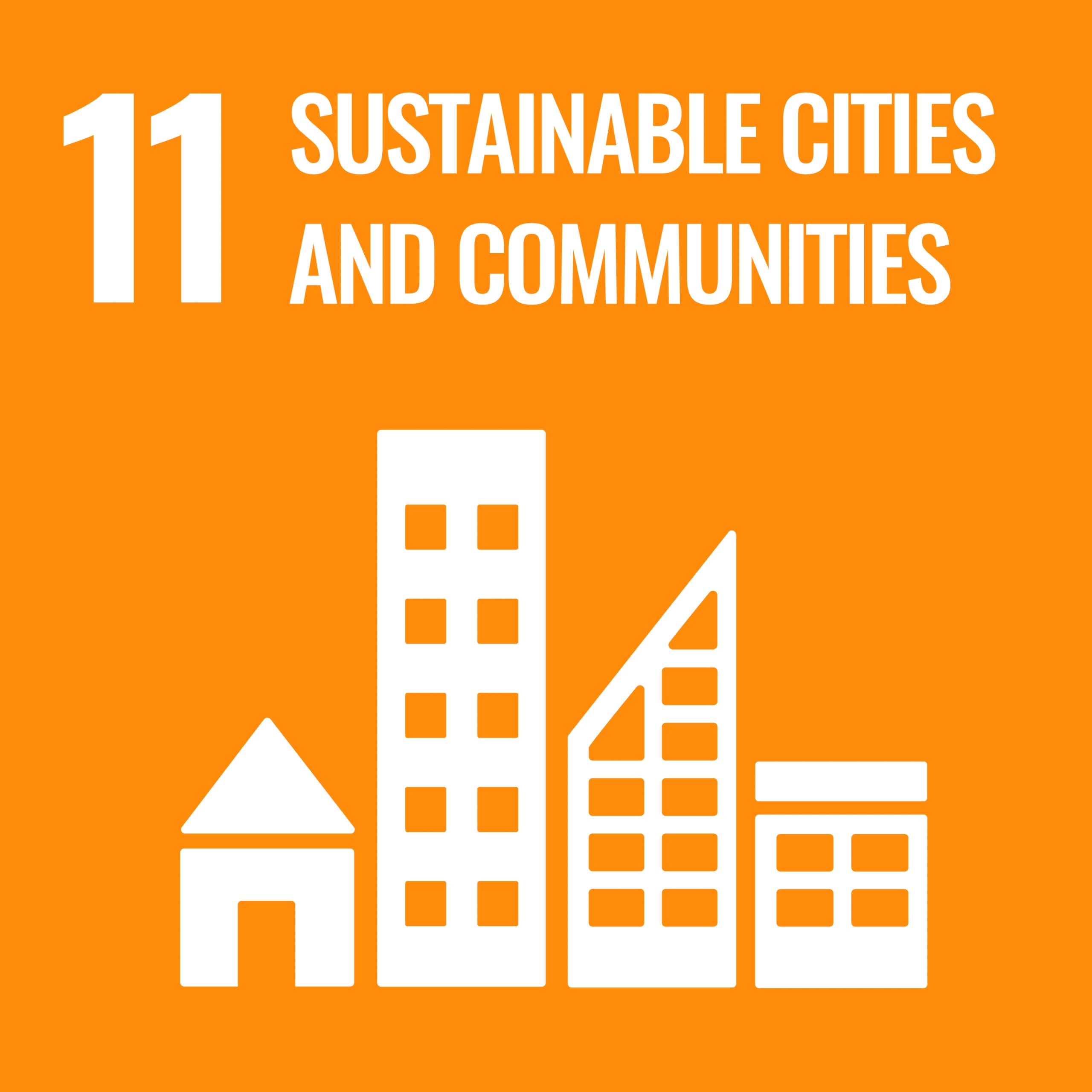
Circular systems, also for wastewater treatment plants (reducing energy consumption, sustainable solutions for water reuse, increased water quality…)
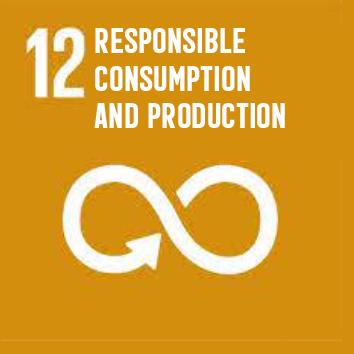
We work resource-efficiently, across value chains and focus on re-use potentials for a functioning circular economy.
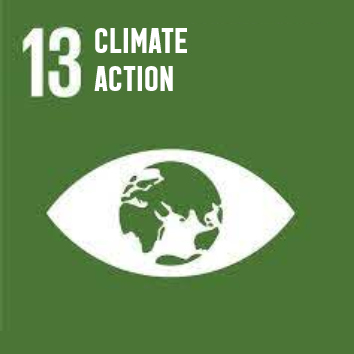
By using highly efficient pump and agitator technology and integrated recovery and recycling concepts, we help to ensure that less energy is used, and less CO2 is emitted.
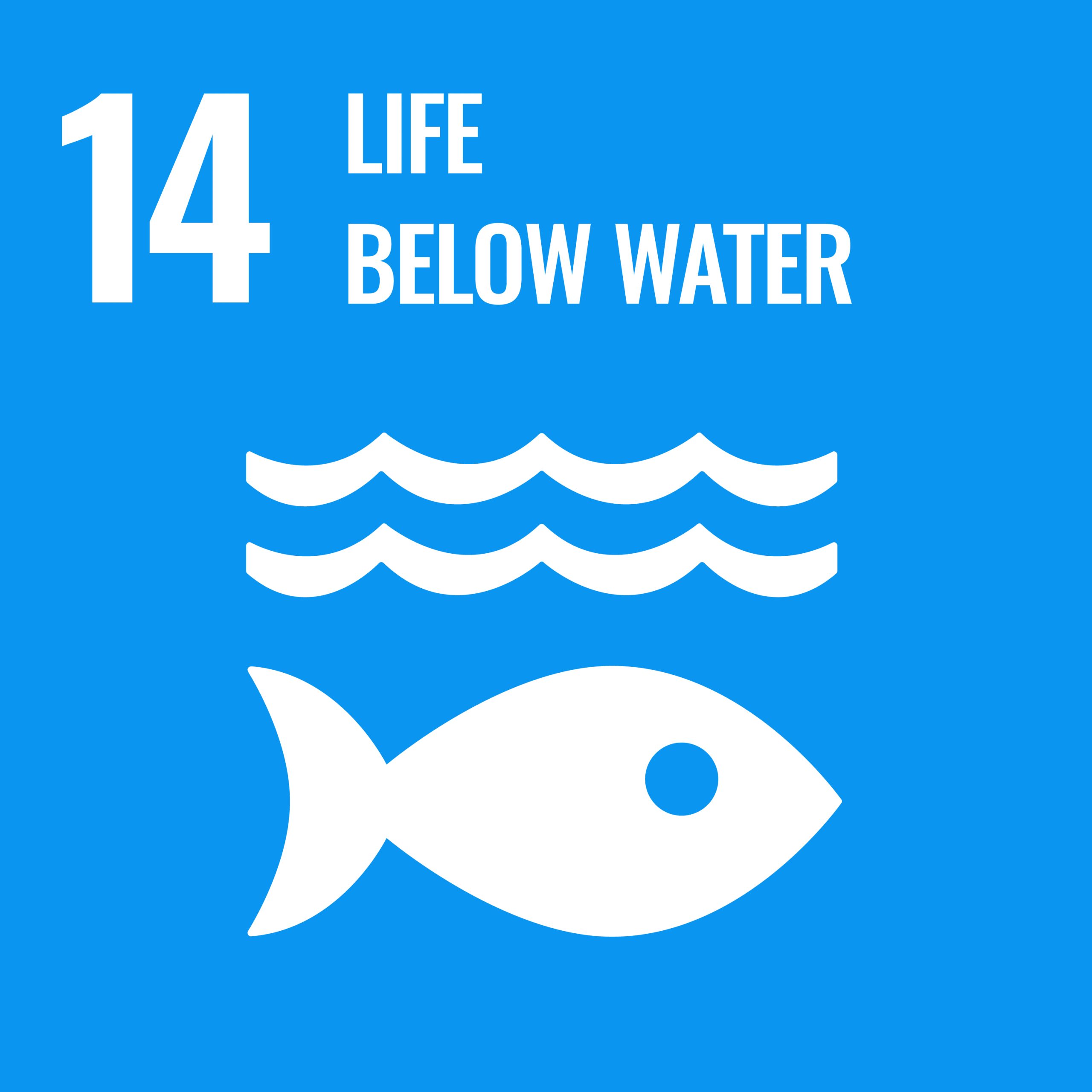
Installing our solutions at wastewater treatment plants ensures that microplastics and micropollutants do not continue to enter the environment and thus spread uncontrollably into the oceans.
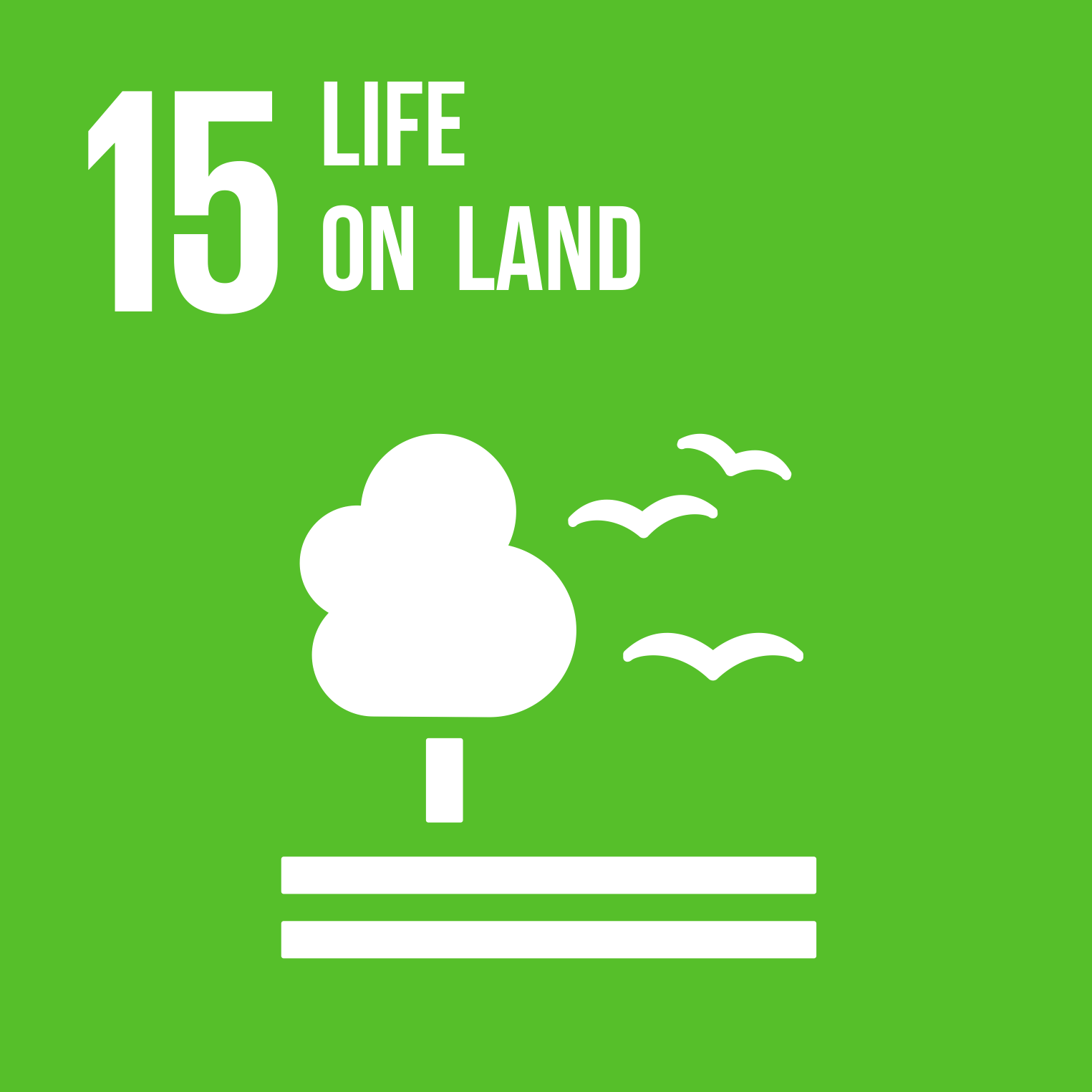
Life on land benefits directly from our clean water solutions. With Wasser 3.0 reuse, we are helping to prevent water scarcity and drought, and also preventing microplastics and micropollutants from entering surface waters, which would otherwise be distributed and detrimentally impact life on land.
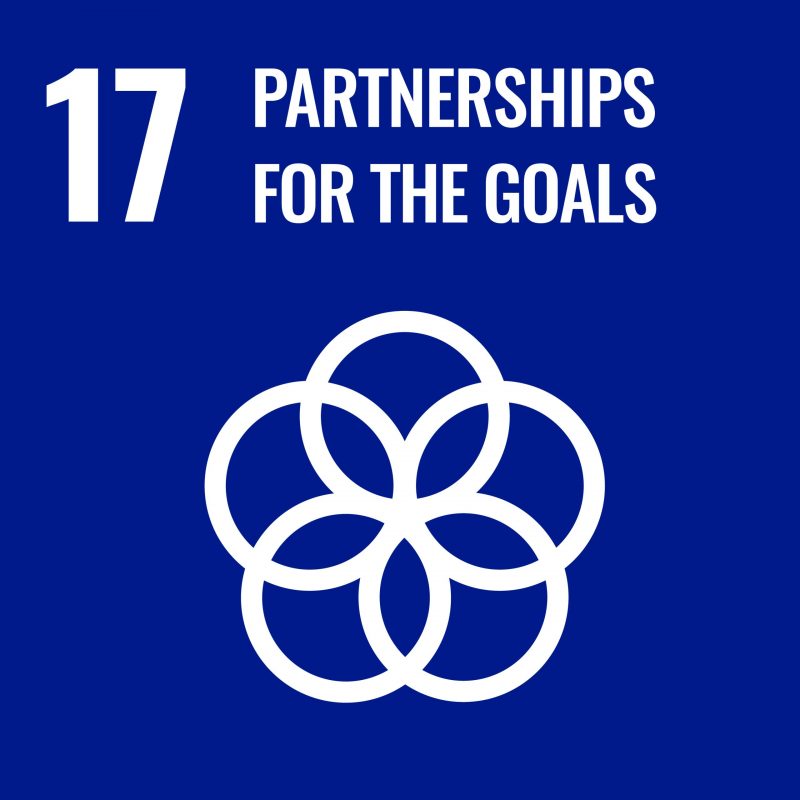
For the successful achievement of goals, we rely on cooperation with the stakeholders. As a gGmbH, we guarantee: Our success is beneficial to the environment and health at all levels.
The results of our work also contribute indirectly to achieving the UN-Sustainable Development Goals.
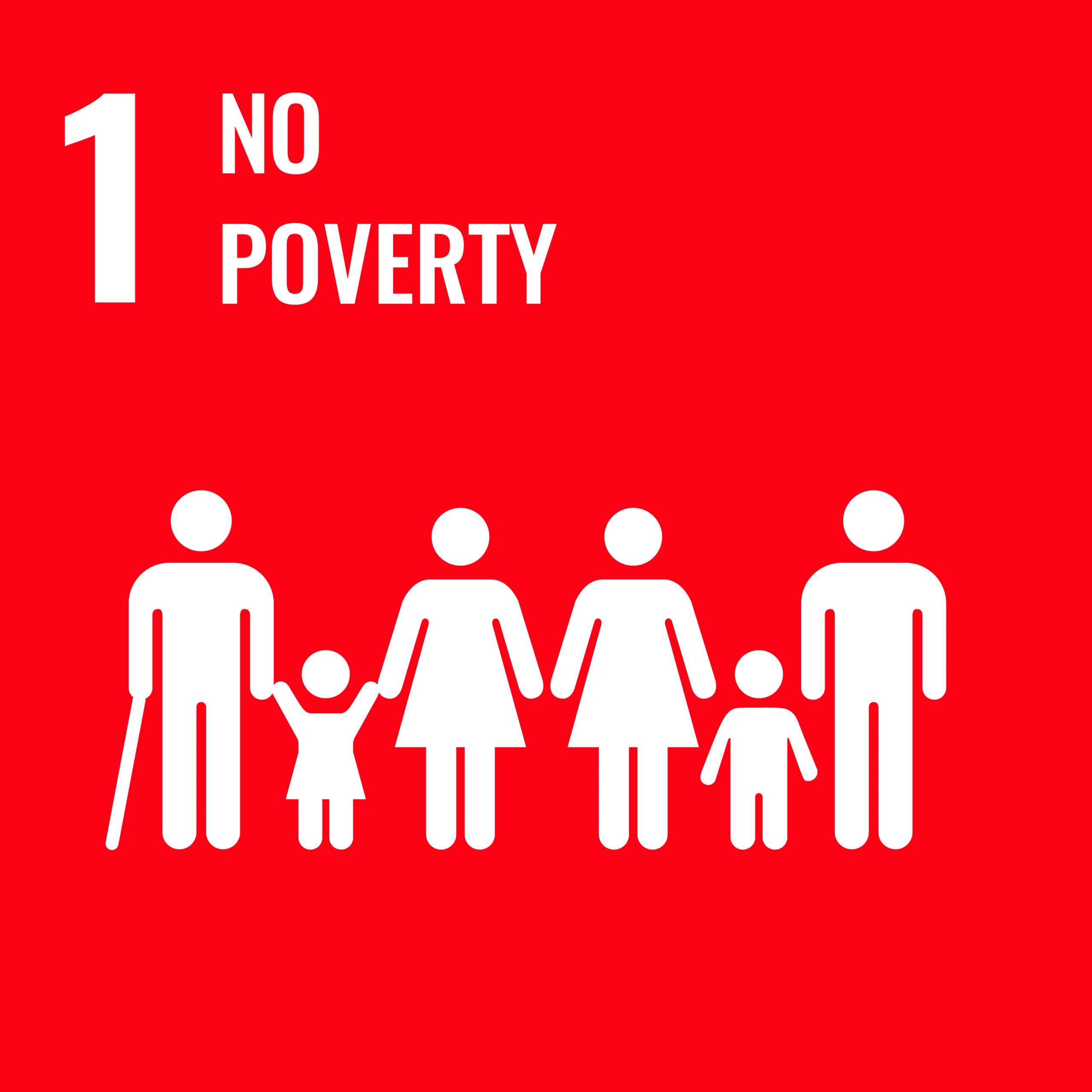
Water is essential for various societal needs, including for industry and production processes, along with farming and agriculture. Wastewater reclamation may be highly useful for such processes.
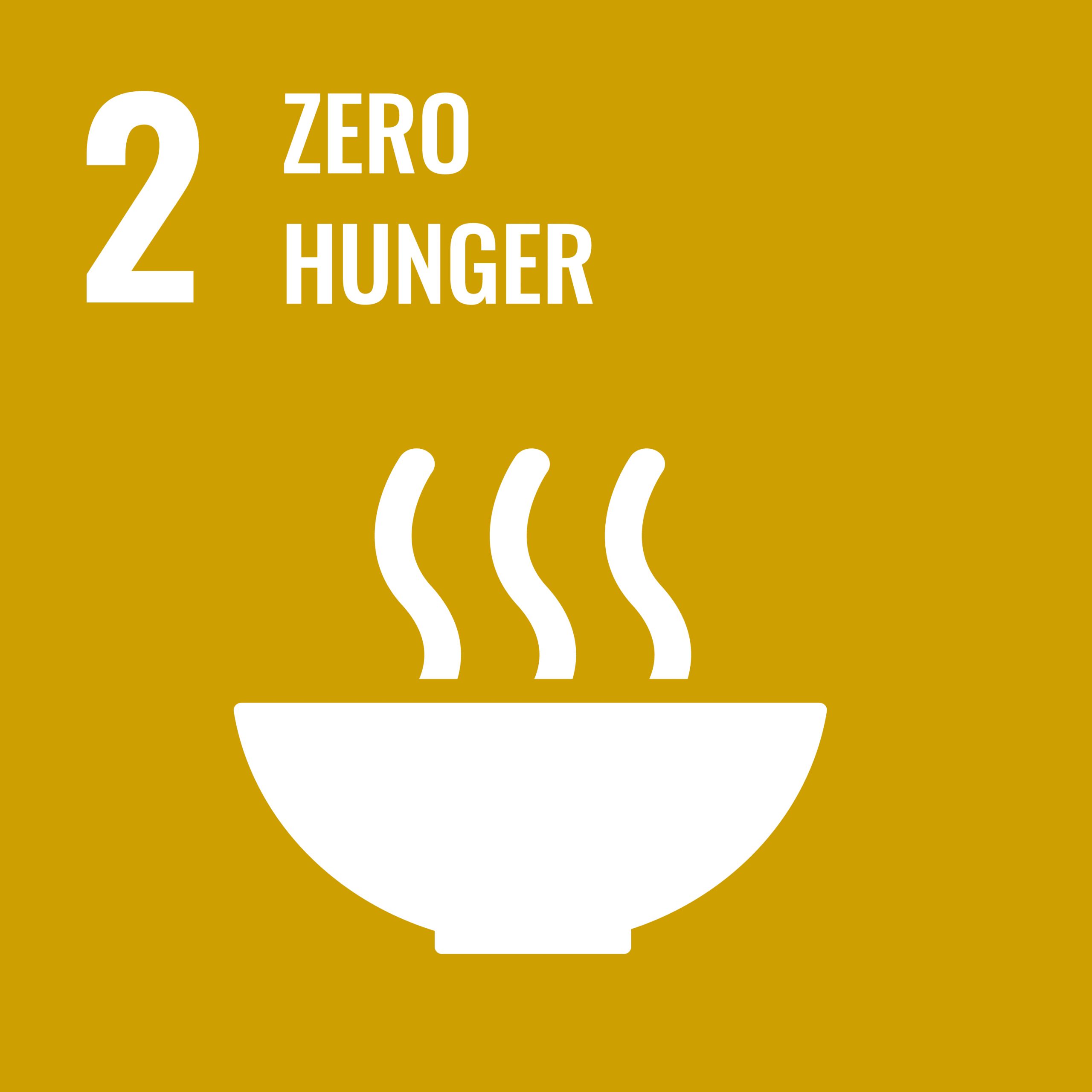
Water is an important component of nutrition and necessary for adequate irrigation. Re-use of treated wastewater can be a significant source of water for irrigation, particularly in areas with water scarcity.
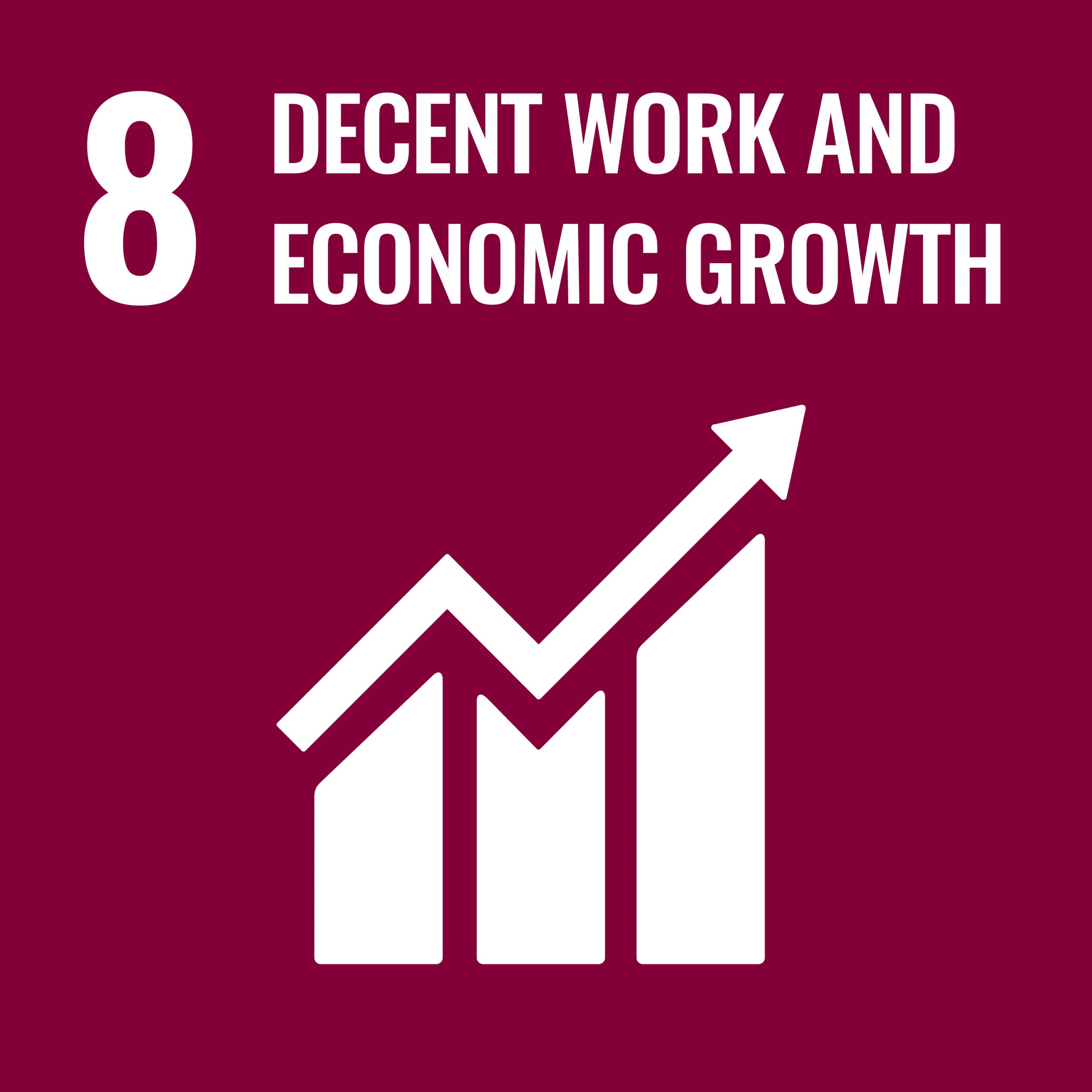
By improving industrial facilities water recycling, overall operational costs (including costs for water) are reduced. Sustainable employment opportunities arise within wastewater treatment plants and water-dependent sectors.
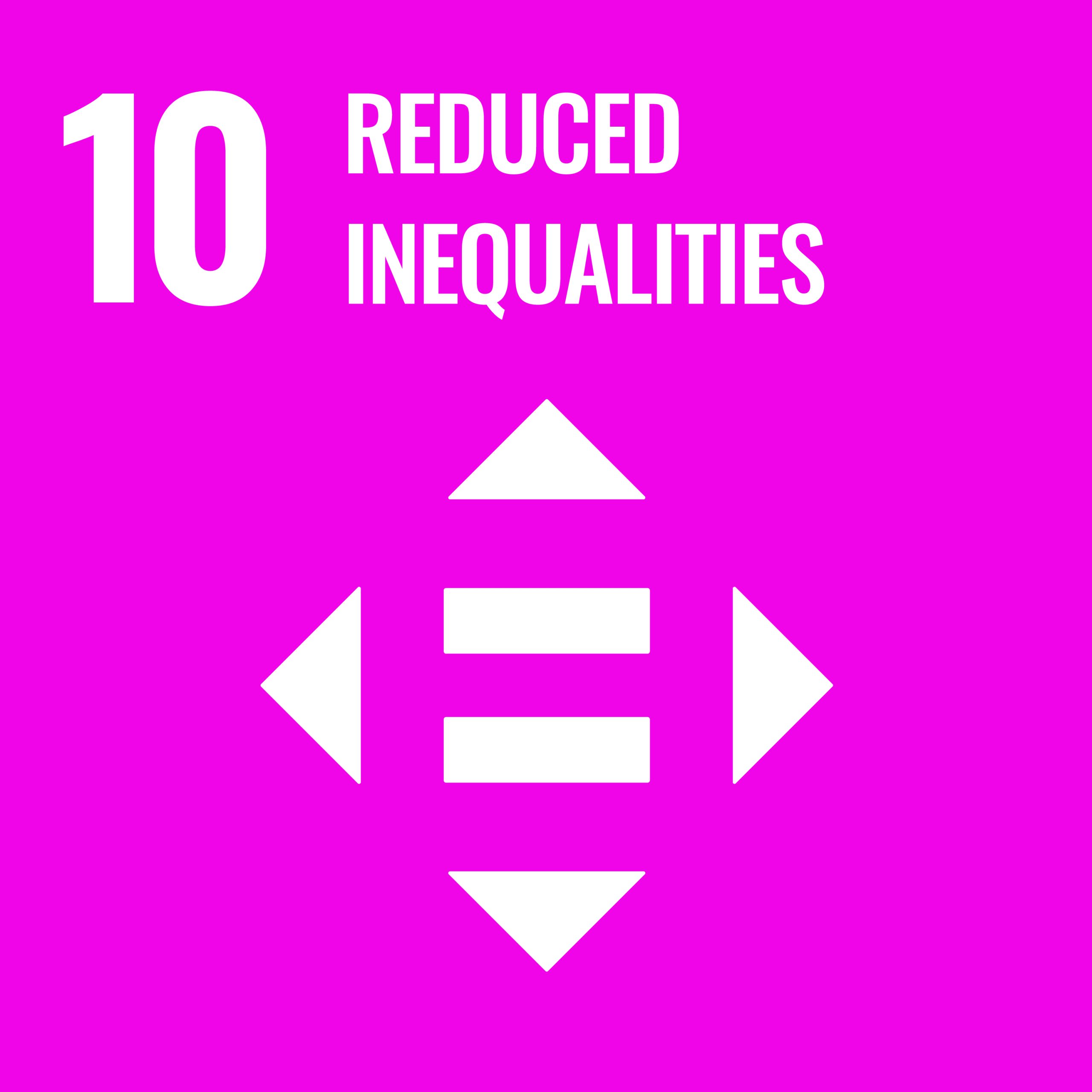
We strive for cooperation, transparent communication and transfer of knowledge and education, particularly regarding wastewater treatment and management.
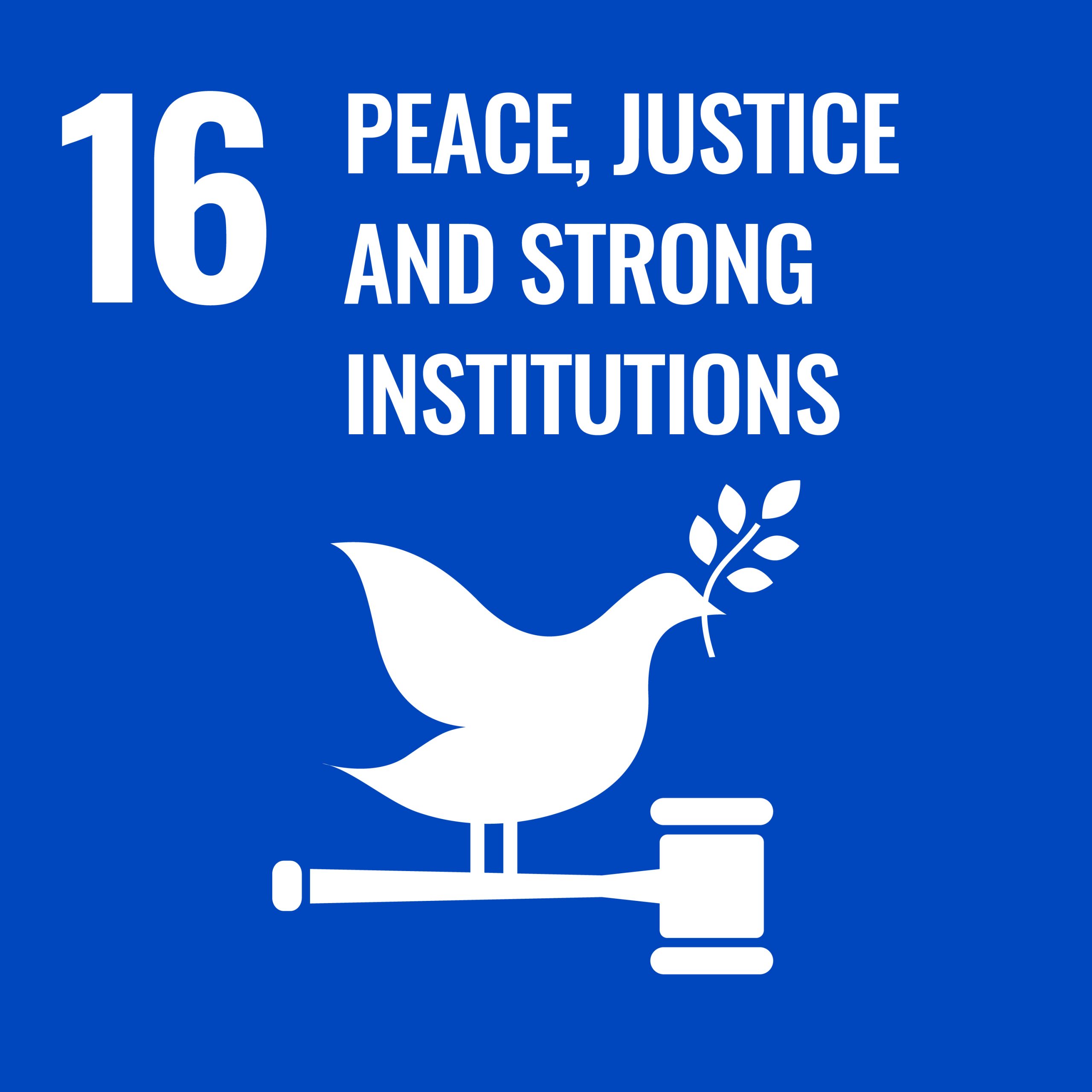
Through transparent communication and cooperation, we work together with stakeholders, partners, and society to ensure that treatment of wastewater and reduction of pollution comply with the sustainable development goals and access to clean water as a human right.
We are part of it: UN Water Decade 2018-2028.
The United Nations has long dealt with the global crisis caused by unsafe water and sanitation, and growing demands on the world's water resources to meet human, economic and environmental needs.
In December 2017, the UN member states adopted resolution 71/222 of the United Nations General Assembly on an international decade for action on the subject of "Water for Sustainable Development" 2018-2028.
Accelerating the implementation of the 2030 Agenda through water, sanitation, and climate protection measures - We are there: the UN Decade of Water.
In response to the ambitious 2030 Agenda, the Decade of Water aims to accelerate efforts to address water-related challenges, including limited access to clean water and sanitation, increasing pressures on water resources and ecosystems, and increased risk of droughts and floods.
Water for sustainable development
Wasser 3.0 is also part of the Water Decade and, with our work at the interfaces of science, business, and society, we make valuable contributions to protect one of our most vital resources - for water without microplastics and micropollutants.

